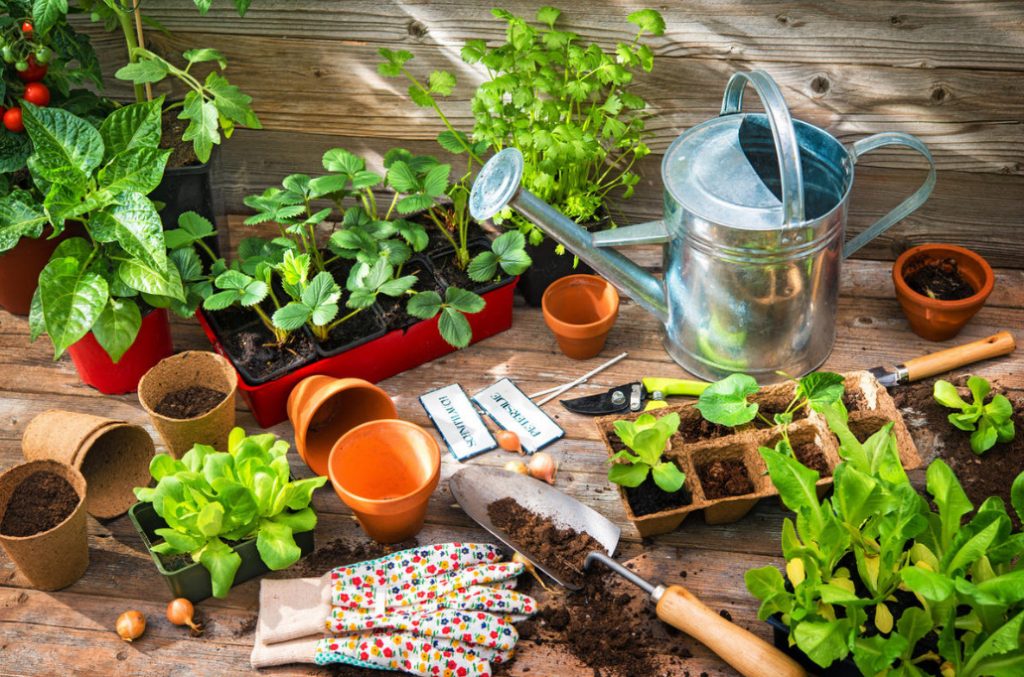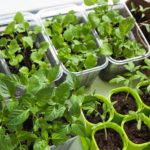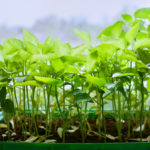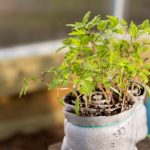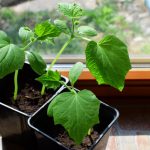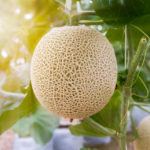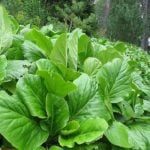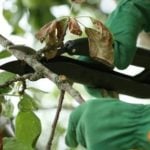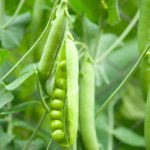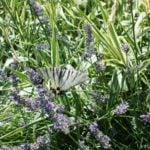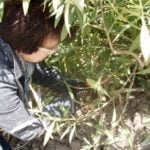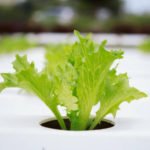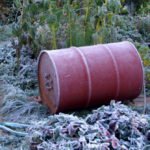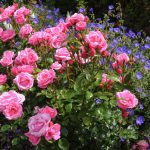Most summer residents are engaged in growing seedlings: in our climate, without this, it is simply impossible to breed what you want. As a rule, gardeners place plantings on windowsills, and here you often have to make a forced compromise, when there are a lot of green Pets, and there is not enough space for them. As a result, plants do not get what they need.
Light
Light — that’s what is most important for seedlings! Neither the soil, nor the seeds, nor the temperature are of such great importance. Why? Because light is the energy for the plant, with which it can “build” its body. The better the lighting, the stronger and healthier the seedlings.
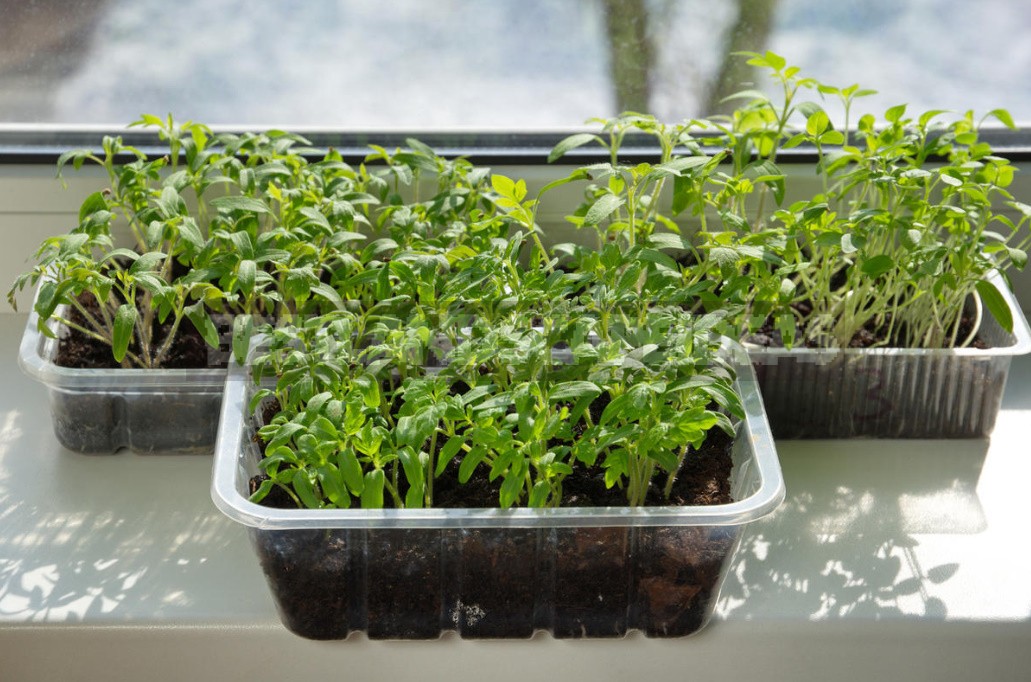
The simplest and most economical additional lighting will help-a screen made of reflective material. You can use, for example, pieces of foil insulation or a shiny Cape from the car first aid kit. You can fix them behind the pots with seedlings in different ways: just to the curtains, to the cardboard, to the pots themselves (with tape), etc. You can, and sometimes you need to stick a light reflection on the window slopes. Often this measure is more than enough, and the plants do not even bend towards the window. Already in April, it is better to remove the film, so as not to “fry” the seedlings.
Electric lighting, of course, is more expensive, especially when using incandescent lamps. The novelty of this market is led lamps for plants. While they cause a strong protest from very experienced summer residents, but these experienced gardeners and cell phones were initially denied.
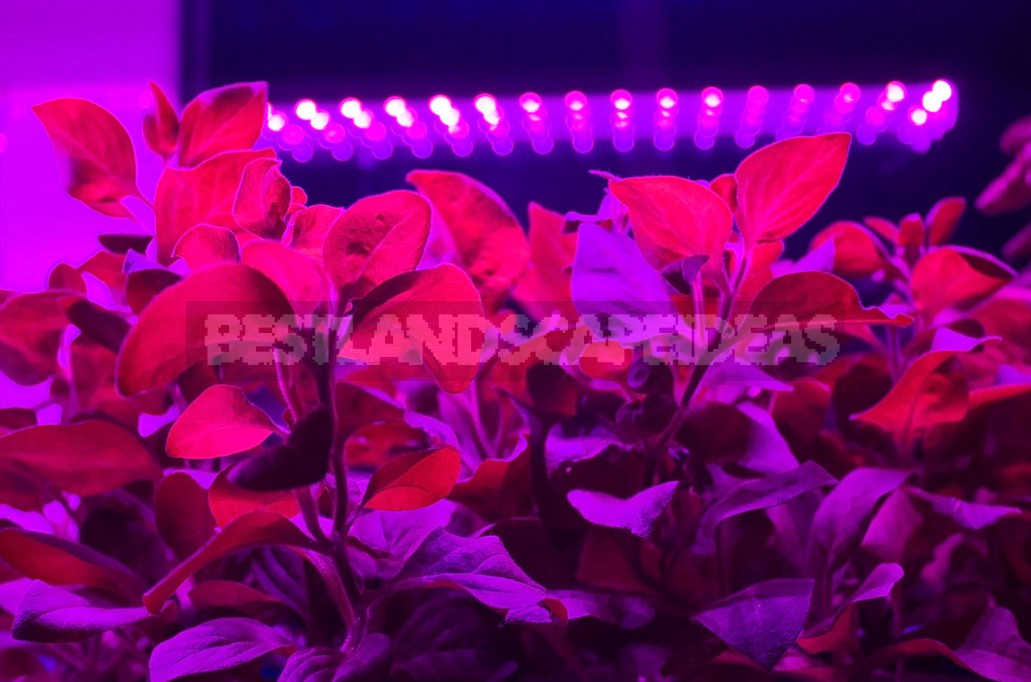
In fitolamp the technology of LEDs, which were invented relatively recently, in 1961. Do you know about LED light bulbs? They work on the same principle with fitolamp. The beauty of LEDs is that they emit light in a strictly defined spectrum with a certain wavelength. Plants need mainly red and blue light for better growth and development. This means that by creating lamps with a given spectrum, we can significantly increase the efficiency of lighting for more productive development! And the pink light in the spring Windows of city apartments, which is becoming more and more every year, indicates that the supporters of progress are growing.
Led fitolamp has a huge advantage, low consumption of electricity, one drawback is their high cost. Now the market is filled with lamps of this type, which in the end, of course, will reduce their price. Unfortunately, there are still a lot of unscrupulous manufacturers who produce low-quality products.
It makes sense to use fitolampy for the winter garden from October to April. Different cultures react differently to such lighting. For example, dill and this is not enough, and rucola and Basil develop well. To sum up, we can say that no one denies that there is nothing better than a red sun for plants, but there are different life circumstances.
Irrigation
Everyone knows that watering is very necessary, so they moisten the seedlings every day from the day of sowing, which creates problems for both them and themselves. This approach is wrong. What you need to know about watering? It should be regular, but the soil in the cups should have time to dry out!
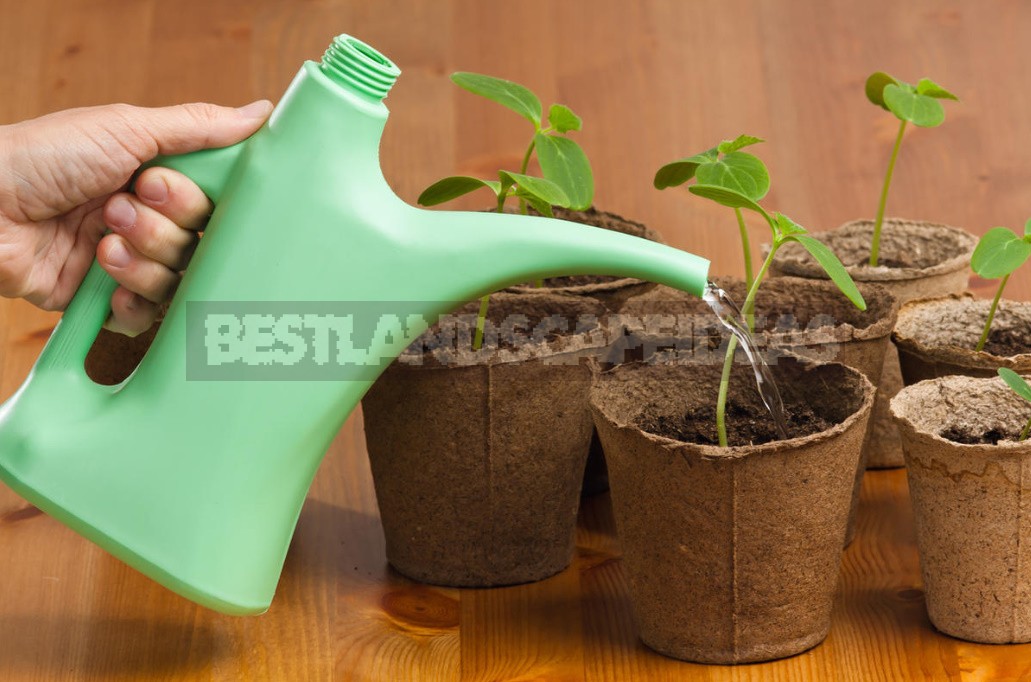
Usually, the frequency of watering increases as the seedlings grow. Which pepper seedling will evaporate more water — with two spread cotyledons or with seven real leaves? After sowing, watering is not required at all for about 10-14 days, because there is still no “pump” that will pump out water. But of course, everything depends on a number of factors: temperature, lighting, culture, soil composition, etc. Do not allow over-drying! Neither at the seeding stage (so close the container with a film), nor later, when the plant seems to have grown up and quickly comes to itself. Any such stress slows down the development of the green pet, and our goal is to accelerate.
How to water properly? Pour water into the Cup until it begins to flow out from the bottom. Drainage holes are strictly required! If you notice that for some reason a couple of seedlings are wasting away, check the bottom of the Cup: did you forget to make holes for the water drain?
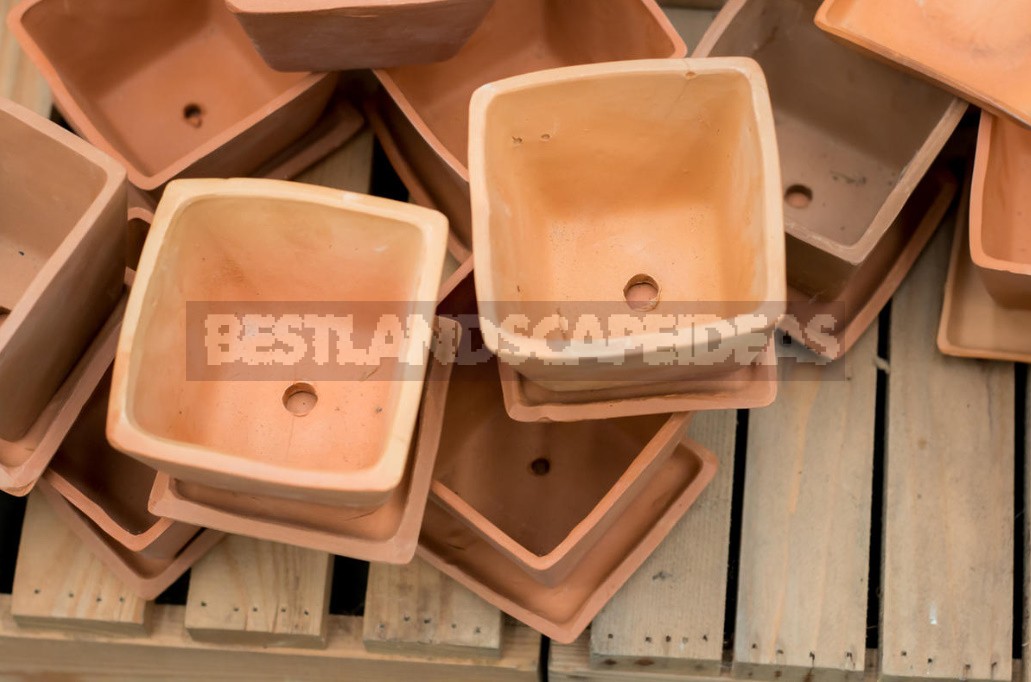
As a guide for novice gardeners or indoor flower growers, I can give a more or less clear example-bread. Everyone knows which loaf is dry, which is normal, and what it will be like if you soak it in water. The soil in the pots should be the humidity of a normal bread crumb. Wetter-after watering, but not drier the rest of the time.
Temperature
The temperature is the most difficult to deal with in a city apartment. This is all the more difficult if you want to grow cabbage and eggplant seedlings on the same windowsill. One plant requires +15°C, the other +30°C. Here’s a tip: study the temperature needs of the culture.
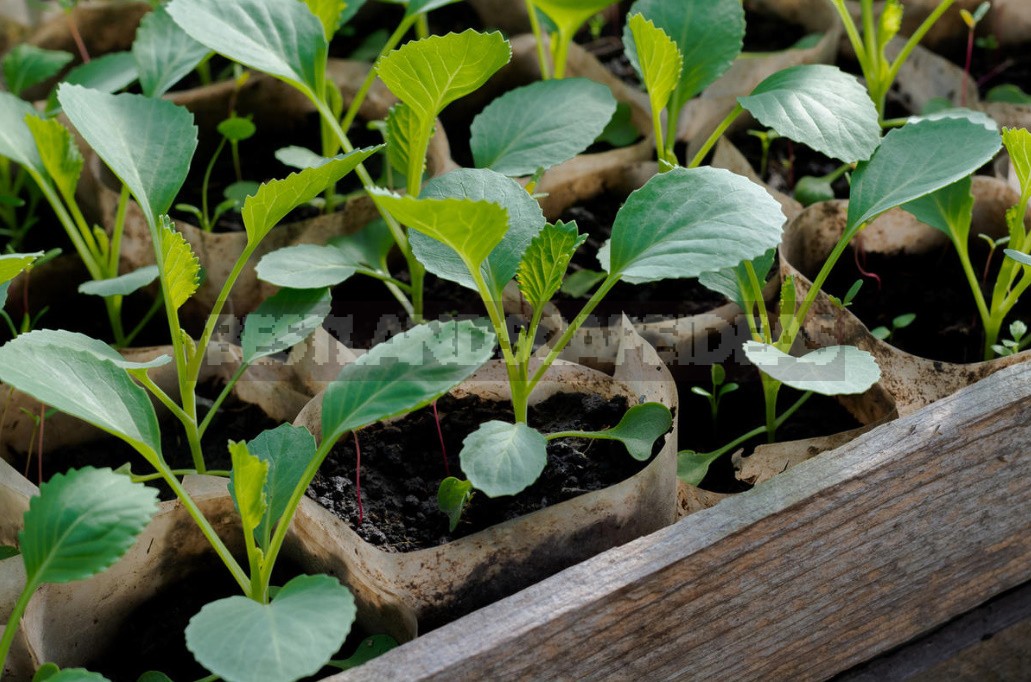
If you have a cold and light, then go ahead and sow the cabbage, if it’s hot and light eggplant. What happens if you do the opposite? At low temperatures, heat-loving plants develop very slowly (and we need seedlings to speed up the process), and in the heat, cold-resistant crops begin to stretch and lie down. In both cases, incorrect conditions lead to an increase in the incidence and a decrease in the quality of seedlings. The table below shows the heat requirements of vegetable crops.
It is very important to observe the temperature regime at the seed germination stage. For example, you often read that peppers and eggplants are slow to germinate. This is often due to the quality of the seeds. The second reason is the low temperature of the soil. If the pepper needs +25…+30°C, then you need to create these conditions!
Don’t you believe it? For some reason, many people do not believe it — and are very surprised when they try it themselves. At +27°C, the first shoots may appear on the 3rd day! And the main mass sprouts on the 5-7-th day. The easiest way is to heat the container. Find a place in the apartment with such a temperature (bu/t not above +30°C, otherwise everything will “cook”) or use some devices. For example, you can take electric heaters, electric blankets, heating mats for terrariums, etc.
When starting to grow seedlings, you need to think in advance how you will provide it with optimal conditions. It is important to understand that different cultures require different conditions, and what is good for one plant, another will lead to death.
